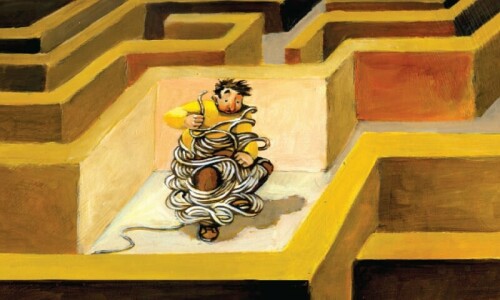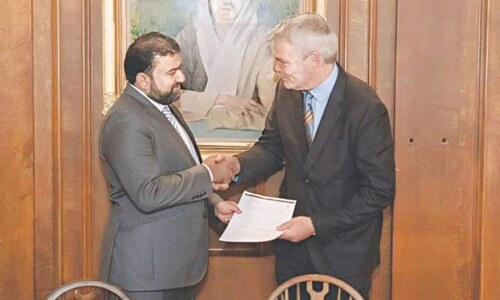
MARCH 23 marked the 81st anniversary of the Pakistan Resolution which was proposed by A.K. Fazlul Haq and seconded by Chaudhry Khaliquzzaman after it was drafted by the working committee of All-India Muslim League (AIML). A fact rarely acknowledged amid all the celebrations that mark the day is that the 25-member working committee included one woman – Amjadi Bano Begum, the widow of the great Muslim leader Maulana Mohammad Ali Jauhar. She is also the only woman whose signature is affixed on the resolution document. She died 75 years ago today, March 28.
She is reported by Syed Hasan Rizvi, editor of the Delhi publication Manshoor, to be the first person to call the Lahore Resolution the ‘Pakistan Resolution’, which spread across India like wildfire, angering some and inspiring the others.
Invited by Quaid-i-Azam Mohammad Ali Jinnah to serve on the working committee, Amjadi Bano was no stranger to politics. Married to her cousin Mohammad Ali Jauhar in 1902 at the tender age of 17, she was a constant companion to her husband through all his political struggles.
She attended AIML sessions, became secretary of the women’s wing of the Indian Khilafat Committee in 1920, and was president of the AIML women’s sub-committee in 1938.
Mohandas Gandhi praised her strong voice and the passion with which she addressed meetings, dedicating an article to her in his newspaper Young India (Nov 29, 1921), entitled: ‘A brave woman’.
She travelled the length and breadth of the country with her husband, continuing to address crowds even during the various imprisonments of Mohammad Ali Jauhar. Her role model was her mother-in-law, Abadi Begum, better known as ‘Bi Amma’, who was the first Muslim woman to enter mainstream politics.
Malcolm Healey, the British governor of Uttar Pradesh, complained: “Even the women of his (Maulana Mohammad Ali’s) household collect donations and go on the rampage of inciting unrest.”
A courageous, positive-spirited and generous woman, she faced confiscation of her property in Rampur, her husband’s loss of income after his publications were shut down, and, most of all, the loss of two of her daughters. Fiercely independent, as a widow she chose to live on her own in Delhi, continuing to work actively for freedom. Shortly before her death on March 28, 1947, Jinnah visited her to get her signature on a document. She asked: “Has Pakistan been made?” He kindly replied: “Yes, it has.” Pakistan came into being five months later.
Durriya Kazi
Karachi
Published in Dawn, March 28th, 2021







































